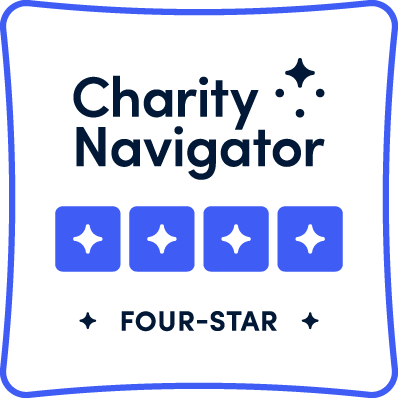
“Antisemitism – the hatred of difference – is an assault not on Jews only, but on the human condition as such.” — Rabbi Lord Jonathan Sacks z”l (of blessed memory)
Most Israelis and Americans mark the end of Yom HaShoah as 1945, yet the incidents of ugly antisemitism continue around the globe. Here in Boca Raton, Florida, USA, messages of antisemitic hate were distributed on January 15, 2023, terrorizing Jewish residents and causing their non-Jewish neighbors to question the state of the world. A day later, a swastika was projected onto a building, nearby in West Palm Beach, Florida.
In the midst of this trend, January 27 – the day we commemorate International Holocaust Remembrance Day – could not be more critically important to recognize.
While some people continue to trivialize Yom HaShoah, in which nearly one-third of the Jewish population perished, others deny its very existence. Public awareness and acknowledgement – or lack thereof – are a dangerous trend. Antisemitism is at its highest level since World War II, with attacks on Jewish centers and synagogues, acts of assault, harassment, and violence on the upswing globally. This troubling wake-up call that means that the current climate needs to change.
Even as we face dwindling numbers of aging survivors, the Shoah remains a contemporary issue. It is a critical time for the lessons of Yom HaShoah, which require the confrontation of a number of emotionally and intellectually difficult questions. In a world where prejudices are still being manipulated and amplified, going largely unchallenged, discrimination must not be allowed to flourish. We cannot allow a people’s very existence to be threatened ever again.
George Santayana said, “He who does not learn from history is doomed to repeat it.” (Winston Churchill used similar language as part of a speech in the British parliament in 1948, the year The State of Israel was formally established by the Israeli Declaration of Independence, an irony not lost on us.)
Yom HaShoah education belongs to everyone, from parents and religious institutions to Federations, Jewish Community Centers and schools. We are facing urgent challenges in how its remembrance and education will be engaged. For example, did you know that there are three days designated to commemorate the Holocaust?
If you answered “yes,” can you name them and how they are significant?
If you answered, “no,” they are International Holocaust Remembrance Day (International Day in Memory of the Victims of the Holocaust) on January 27, the anniversary of the liberation of Auschwitz-Birkenau; Israel’s Yom HaShoah Ve-Hagevurah (Day of the Remembrance of the Holocaust and Heroism), held since 1951, which recognizes the approximately 11 million people who perished and the heroism of survivors and rescuers; and the Jewish holiday of Tisha B’Av, a day of mourning for all Jewish tragedies, commemorating the destruction of the First and Second Temples, the Spanish Inquisition, the Holocaust and more.
As we approach January 27, what can you do to “never forget,” to be an ally to the Jewish community and/or to demonstrate your allegiance to tolerance and an inclusive, safe society? Begin with actions of understanding. We invite you to take the simple steps of reading about history, lighting a candle, and saying a prayer. Claim personal responsibility for understanding the magnitude of what needs to be acknowledged, so that we need not ever suffer this terrible lesson again.
Co-authored by Matt Levin, President and CEO of the Jewish Federation of South Palm Beach County; Roneet Edrich, Director of March of the Living Southern Region USA at the Jewish Federation of South Palm Beach County; and Rabbi Josh Broide, Director of Community Engagement at the Jewish Federation of South Palm Beach County, Director of Boca Raton Jewish Experience and Outreach Rabbi of Boca Raton Synagogue.

